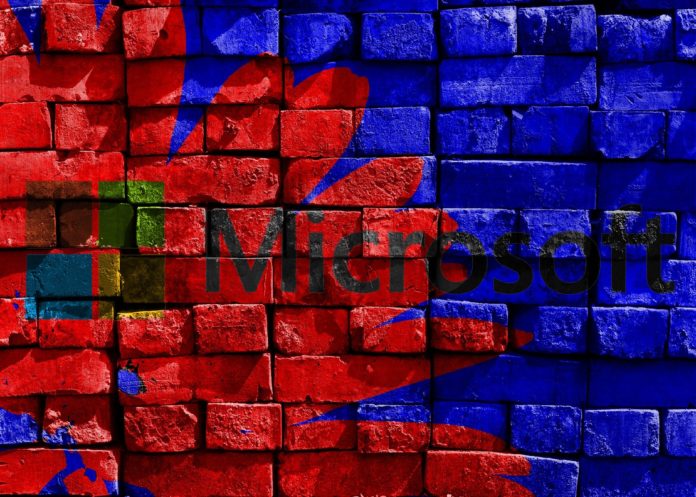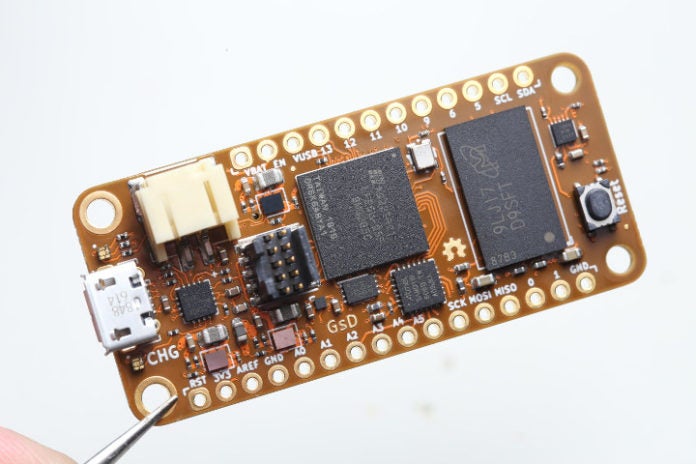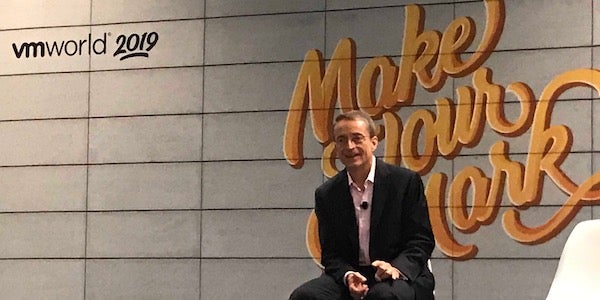Long-time GNOME developer Richard Hughes is looking at a new tool for the GNOME desktop environment to make deployments of firmware updates easier for all users. At the moment, the GNOME Software Center only displays devices when firmware updates are pending, but Hughes and Andrew Schwenn, an intern from Dell, have been working lately on a new tool that would be integrated as a panel into GNOME Control Center, which promises to make it easier for users to install new firmware versions for their hardware. (Source: Softpedia)
Microsoft readies exFAT patents for Linux
Microsoft has announced that it would make the technical specification for exFAT publicly available to facilitate the development of conformant, interoperable implementations. Microsoft said it also supports the eventual inclusion of a Linux kernel with exFAT support in a future revision of the Open Invention Network’s Linux System Definition, where, once accepted, the code will benefit from the defensive patent commitments of OIN’s 3040+ members and licensees. When the next edition of the Linux System Definition is released in the first quarter of 2020, any member of the OIN will be able to use exFAT without paying a patent royalty. (Source: ZDNet)
Chrome OS Gets First Chromebook Enterprise Devices
Google today announced a slew of Chrome Enterprise updates, including a faster Google Admin console and managed Linux environments. The company also unveiled the first Chromebook Enterprise laptops: Dell’s Latitude 5300 for $819 and Latitude 5400 for $699. (Source: Venture Beat)
Deep Learning Reference Stack v4.0 Now Available
Intel’s Clear Linux project has announced the Deep Learning Reference Stack that enables developers to quickly prototype and deploy DL workloads, reducing complexity while maintaining the flexibility for developers to customize solutions. Among the features added in this release: TensorFlow 1.14; Intel OpenVINO model server; Intel Deep Learning Boost (DL Boost) and Deep Learning Compilers (TVM* 0.6). (Source: Clear Linux)
VMware CEO Sets Lofty Open Source Goals
VMware hasn’t traditionally had the best reputation in the open source community, VMware CEO Pat Gelsinger admits. In fact, he sums it up in one word: “Bad.” But VMware’s on a mission to change that. “I would hope that over the next couple of years you will see VMware emerge as one of the most open source friendly companies in the enterprise space in the industry,” Gelsinger said during a press briefing at VMworld. (Source: SDX Central)
Interview With The The FreeBSD Foundation Executive Director
The Linux Foundation hosted the executive director of the FreeBSD Foundation, Deb Goodkin, at the Open Source Summit in San Diego. In this episode of Let’s Talk, TFiR sat down with Goodkin to talk about the FreeBSD project and the foundation. (TFIR)
VMware Enters Agreements To Acquire Pivotal Software And Carbon Black
VMware and Pivotal Software announced that the companies have entered into a definitive agreement under which VMware will acquire Pivotal for a blended price per share of $11.71, comprised of $15 per share in cash to Class A stockholders, and the exchange of shares of VMware’s Class B common stock for shares of Pivotal Class B common stock held by Dell Technologies, at an exchange ratio of 0.0550 shares of VMware Class B stock for each share of Pivotal Class B stock. In total, the merger consideration represents an enterprise value for Pivotal of $2.7 billion. Following the close of the transaction, VMware will be positioned to deliver a comprehensive enterprise-grade Kubernetes-based portfolio for modern applications. (Arcweb)
Microsoft, Intel and Others are Doubling Down on Open Source Linux Security
Microsoft is continuing its broad ongoing push to contribute with open source projects, joining the newly created Confidential Computing Consortium, an initiative launched by The Linux Foundation which aims to provide better security for data which is actually in use by apps on a computer, or in the cloud (as opposed to at rest, or not being used).
Microsoft is far from alone in this endeavor, and is joined by Intel in the consortium, along with ARM, Baidu, Google Cloud, IBM, Red Hat and other tech giants. (Source: TechRadar)
TODO Open Source Guide: Marketing Open Source Projects
Learn how to promote an open source project to attract contributors, find users, and raise the profile and credibility of your project. Do this while simultaneously growing your own open source credibility within the project community, attracting talented developers, and promoting your open source projects and services. (Source: TODO Group)






